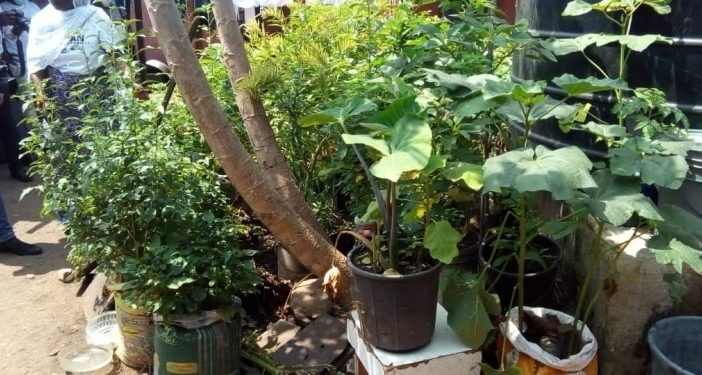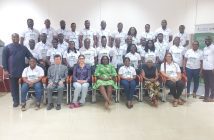German development cooperation GIZ through local partners Hipsters of Nature and Mothers Club in Development have launched an urban gardening project aimed at promoting urban gardening.
The project, dubbed, ‘My Garden, My Health, My Wealth’ is expected to support at least 150 households within the Nima and Maamobi communities to set up multi-story gardens for the production of vegetables.
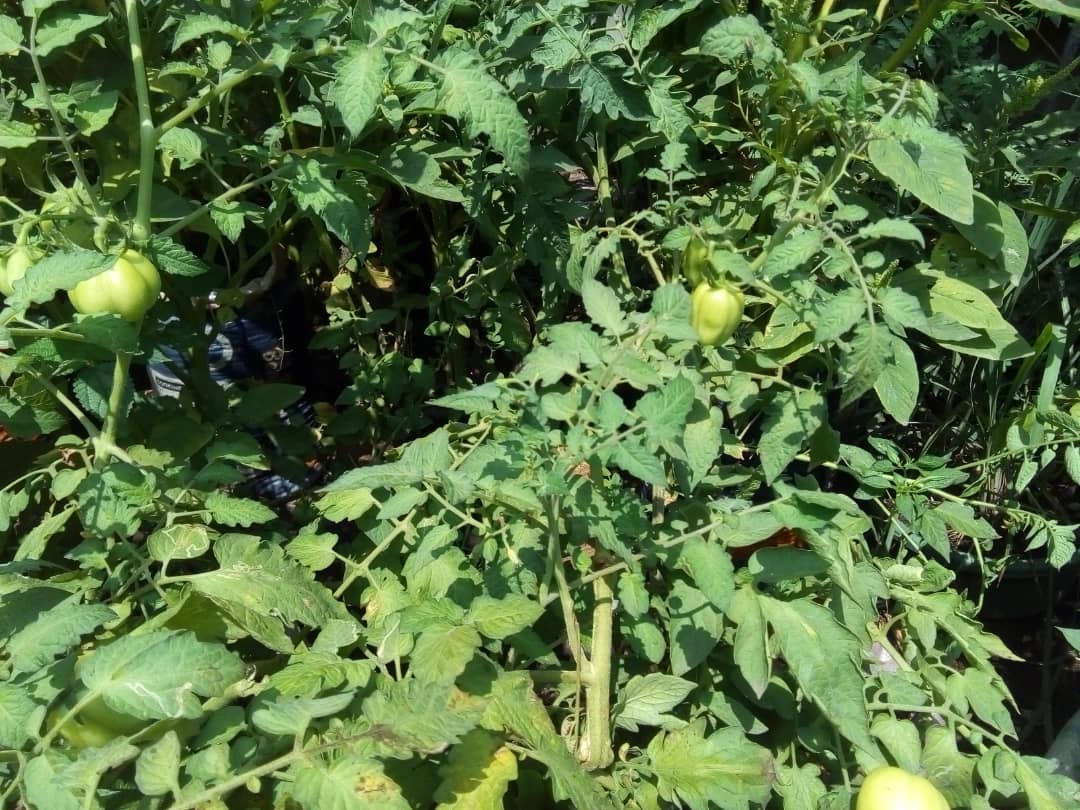
President of the Hipsters of Nature, Divine Agborli, said their focus is to promote the concept especially in urban communities where there is limited space of agricultural activities such as farming.
Currently being implemented in the Nima and Maamobi Communities in Accra, the project, he said, is hoping to inspire many other urban dwellers to also make their own gardens and produce fresh vegetables.
“It isn’t every household or community that is privileged to have large land space and so the project intends to bring everybody on board the urban gardening agenda where no matter the limited space you have, you can still grow something which would give you nutritional value,” he said.
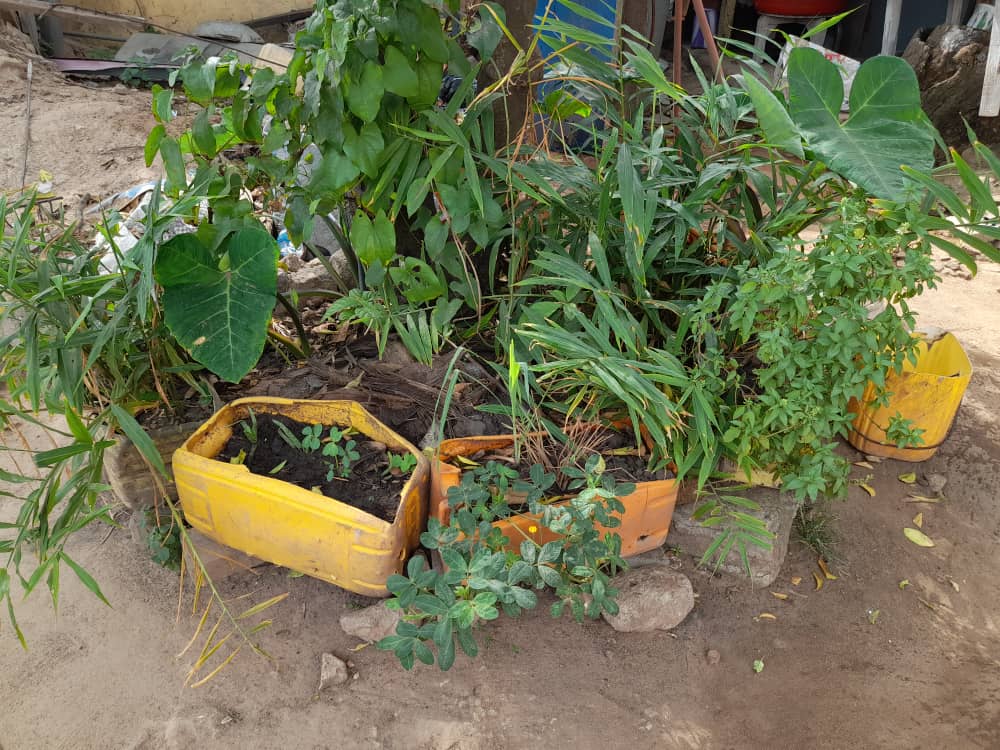
He added that besides the health benefits, people who engage in the practice are able to make monetary returns by selling some of the produce.
“It brings a wide range of benefits because you know what you are growing, less chemical and all-year-round you are able to have freshly harvested from your own garden…After this 150 households, we are looking forward training a lot more households to accepted the concept of urban gardening,” he added.
The ‘My Garden, My Health, My Wealth’ project which is under GIZ’s Market-Oriented Agriculture Programme (MOAP) will see the beneficiary households receiving primarily fertile soil, seeds, and sacks or other containers to start their urban gardens.
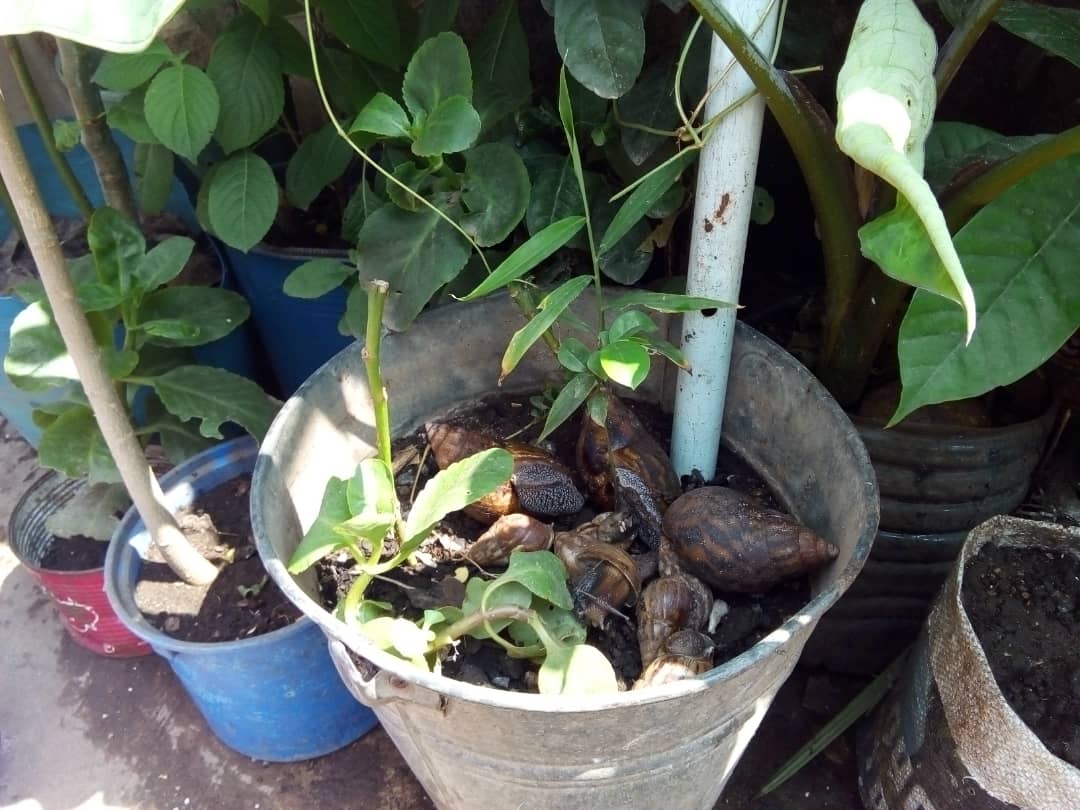 They will also be trained on how to effectively manage their garden.
They will also be trained on how to effectively manage their garden.
Christoph Pannhausen, team leader for MOAP said they “aim at producing vegetables to supplement the food basket for year-round micronutrient provision.”
Some early beneficiaries of the project said it has become a second source of income for them as they are able to sell the produce to neighbours.
Source: citinewsroom.com


